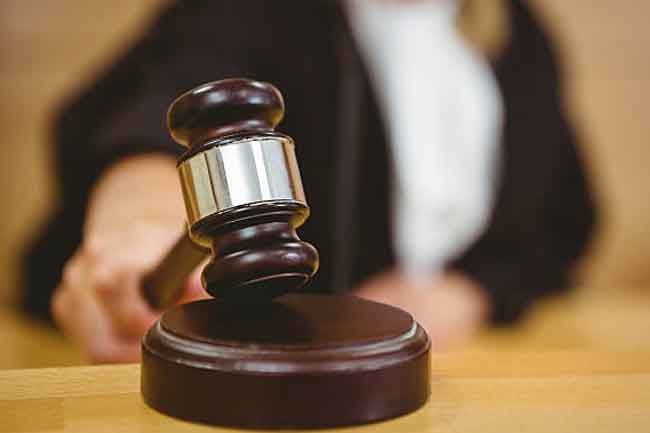-By LeN Legal Correspondent in Colombo

(Lanka-e-News -11.Aug.2025, 11.20 PM) A political storm has erupted in Colombo after Sri Lanka’s former presidents — or at least their political allies — moved to challenge a government bill aimed at stripping them of state-funded perks.
The Malima administration, which swept to power on a wave of public discontent with perceived excess in high office, had pledged during its election campaign to end the costly benefits enjoyed by retired heads of state, their widows, and former prime ministers.
That promise took legislative shape on 31 July, when the government gazetted the “Repeal of the Rights of Former Presidents Act No. 4 of 1986” — a move intended to limit entitlements to a pension only. Under the bill:
State-provided housing or monthly housing allowances would end;
Monthly secretarial allowances, official transport, and other facilities would be withdrawn;
Widows of former presidents would lose both monthly allowances and pension payments.
The bill was tabled in Parliament on 7 August.
On Monday, Renuka Dushyantha Perera, general secretary of the Sri Lanka Podujana Peramuna (SLPP), petitioned the Supreme Court to block the law. While the measure applies to all former presidents, it is widely seen as affecting Mahinda Rajapaksa most visibly — a perception that has fuelled claims within the SLPP that the bill is politically motivated.
The petitioners argue that the bill violates the constitutional principle of separation of powers, though precisely how the withdrawal of housing allowances from ex-presidents breaches that doctrine remains a matter of some curiosity.
They also claim that four clauses of the bill infringe fundamental rights guaranteed by Articles 1, 3, 4 and 12(1) of the Constitution — provisions that define Sri Lanka as a free, independent, democratic republic; affirm that sovereignty rests with the people; outline the exercise of that sovereignty; and guarantee equality before the law.
Legal analysts have expressed scepticism over the link between these constitutional clauses and the contested benefits. As one senior lawyer observed privately, “It is difficult to see how losing a chauffeur-driven car is a violation of sovereignty.”
The petition, filed under case number SC/SD/23/2025, is being advanced by counsel Ashok Kumar Gurubaran on the instructions of President’s Counsel N.S. Welgama. The Supreme Court will now decide whether the challenge merits a full hearing — or a swift dismissal.
-By LeN Legal Correspondent in Colombo
---------------------------
by (2025-08-11 19:19:35)
Leave a Reply